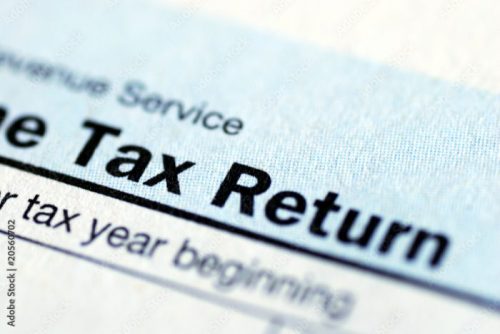Tax filing season has arrived, and the concern over the IRS’s ‘audit lottery’—the chance of a taxpayer’s filing being randomly selected for an audit—persists, fueled by historically low audit rates. Syracuse University data reveals that only 0.41% of individual tax returns were audited in fiscal year 2021, a figure that dropped slightly to 0.38% in 2022.
The IRS has increasingly targeted high-income taxpayers and corporations recently. However, this doesn’t mean it ignores errors in other individual tax returns. For those worried about audits, CNBC has identified four red flags that could raise the risk of being audited.

1. Mismatching income
Accurately reporting annual income is crucial, as the IRS cross-checks this with data from employers and financial institutions. Any discrepancies in reported income are immediate red flags. Freelancers should use Form 1099-NEC, and investors should use Form 1099-B to report their incomes accurately.
2. Undue tax breaks
Be cautious of claiming deductions not commensurate with your income level. Taxpayers should only claim deductions for which they can clearly demonstrate eligibility. Claiming large itemized deductions, such as charitable contributions, on a moderate income may trigger closer IRS scrutiny
3. Estimated numbers
The IRS expects precise figures in tax filings, particularly for deductions. Taxpayers should report the actual amounts spent rather than estimates. Large deductions are less likely to be round numbers, so accuracy is key to avoid raising suspicion.
4. EITC (Earned Income Tax Credit)
Audits aren’t exclusive to high earners; the EITC program for low-income families often sees issues when taxpayers overlook refund specifics. Those claiming EITC are 5.5 times more likely to be audited. Ensure all information, including payments and deductions, is accurate and reasonable.
The IRS has announced plans to significantly reduce audits, including for EITC filers. Nonetheless, thorough review and accuracy in filings remain essential to prevent receiving audit notifications.
BY HOONSIK WOO [woo.hoonsik@koreadaily.com]




